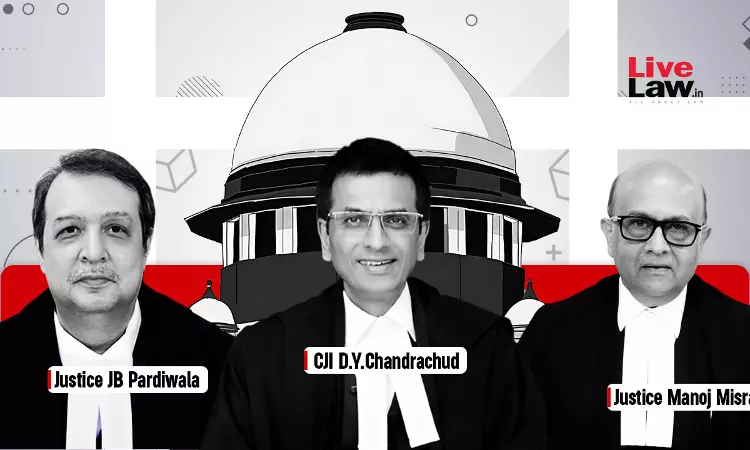
Image Source: livelaw
The recent ruling by the Supreme Court regarding the survival of bills despite gubernatorial rejection has sparked significant discourse and implications within the constitutional framework of the country.
Background
Understanding the fundamental dynamics of governance in a democratic setup is crucial. One such element is the power vested in the Governor to accept or reject bills proposed by the legislature. Historically, the rejection of a bill by the Governor has meant its termination, requiring the legislature to reintroduce the bill for reconsideration.
Supreme Court's Assertive Ruling
However, in a groundbreaking decision, the Supreme Court has redefined this traditional understanding. In a 6-3 verdict, the Court established that a rejected bill could survive the Governor's veto. The ruling highlighted the intent of the legislature and emphasized the primacy of legislative will in a democratic setup.
Implications and Interpretations
The ramifications of this decision are far-reaching. It not only strengthens the role of the legislature but also ensures a system of checks and balances, preventing potential executive overreach. This ruling marks a significant shift in the dynamics between the executive and legislative branches of government.
Legal experts are divided on the interpretation of this ruling. While some view it as a means to bolster legislative authority, others raise concerns about potential conflicts between the executive and legislative branches, leading to prolonged legal battles over bill rejections.
Future Scenarios and Challenges
Looking ahead, this ruling sets the stage for potential friction between the Governor's office and the legislature. The need for clear guidelines and protocols to address such scenarios becomes imperative to avoid a constitutional crisis.
Conclusion
The Supreme Court's assertion that bills survive the Governor's rejection marks a significant turning point in the constitutional interpretation of executive-legislative dynamics. While heralded as a move towards reinforcing legislative supremacy, it also beckons the need for a well-defined framework to navigate potential conflicts arising from this redefined power structure.
This ruling, with its implications, will likely shape the future discourse on governance and democratic principles, setting new precedents in the country's constitutional history.